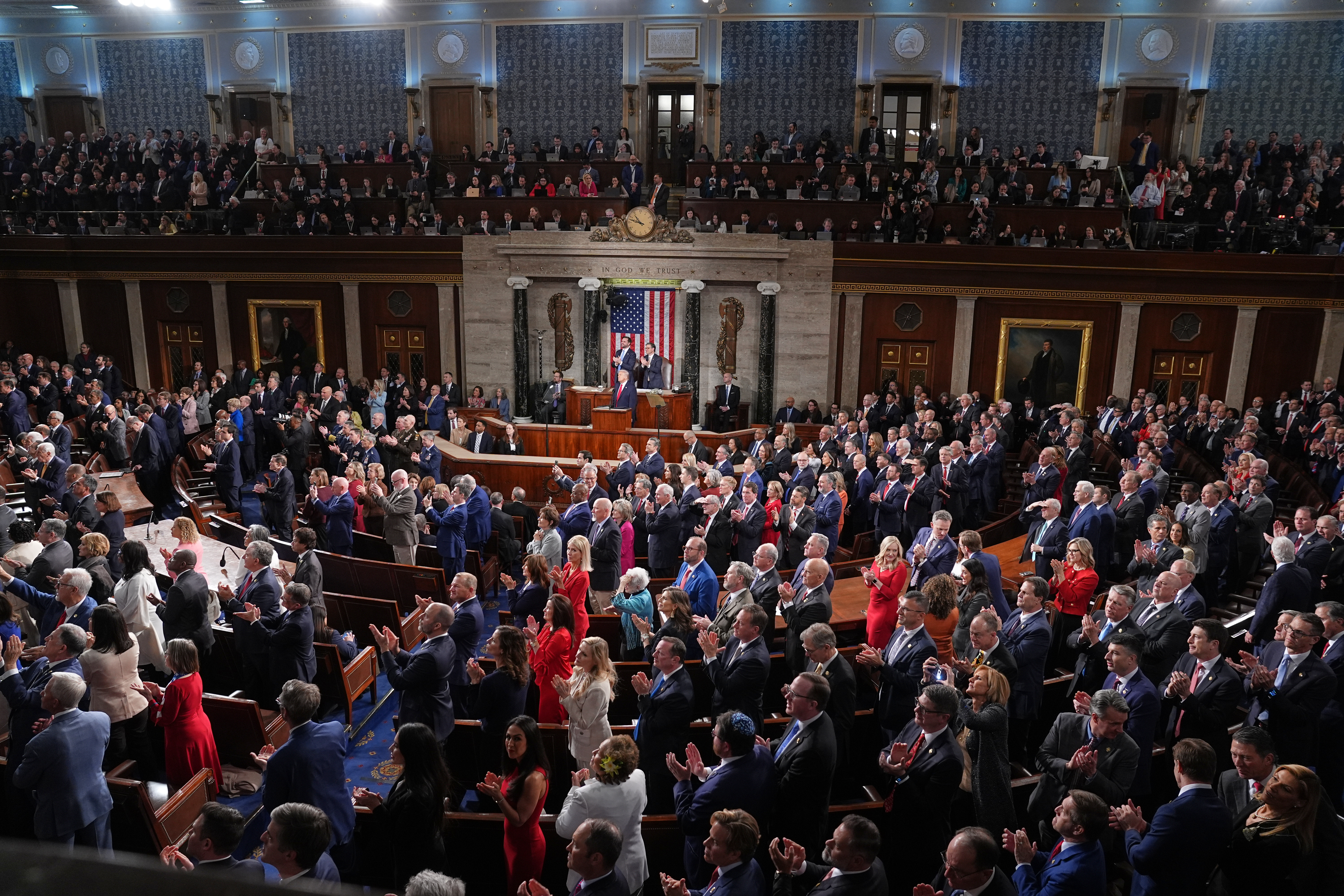There are other places Patricia Cummings would rather be in the middle of summer, but she is so worried about her student loans that she's teaching summer school — all in hopes of keeping her head financially above water when federal student loan payments restart this fall.
"Most teachers work more than one job," she told Scripps News. "Even if you have a spouse, you're still working more than one job to make ends meet."
Of all the reasons she got into teaching, money was not one of them.
Cummings is a Special Education teacher outside of Baltimore. She is 60 years old. And she has $180,000 in student loan debt from her doctoral program.
"It's awful," she said. "You shouldn't have to decide whether you should pay a student loan or keep a roof over your head."
At the moment, Cummings' federal student loans are on hold. But that will change in October after President Biden agreed to restart payments during debt ceiling negotiations. For Cummings, worry has already begun to set in.
"I'll have to cut back on a lot of things," she said. "I'll pay my mortgage first. I'll have to cut back on my grocery bill."

Is there another route to student loan forgiveness?
What does higher education look like after the Supreme Court's opinion, and what can students expect next?
The Department of Education estimates 43 million people in the United States owe a collective $1.6 trillion in federal student loan debt. On average, borrowers have around $37,000 in debt.
Many haven't made a monthly payment since March of 2020 when President Trump paused payments. Now those in debt are worried about their finances when payments come due.
Susan Vincent is among those stressing about finances. The 78-year-old retired science teacher owes $30,000 in federal student loans.
Vincent owes so much money that she came out of retirement this summer to substitute teach in New York City, just to make enough money to get by when her payments start again.
"It's an inequitable system," Vincent said. "For lower-income Americans, this will be catastrophic."

College students react to Supreme Court decision on loan forgiveness
Balancing college coursework is hard enough. Throw in the burden of student loans and other money concerns, and students say it's stressful.
Last month, the Supreme Court overturned President Biden's efforts to forgive some student loan debt in a case brought by Republican states that argued that the forgiveness was outside his power. Opponents of waiving the debt say it is too expensive and unfair to people who have paid off education loans or never received them.
Vincent said she is hopeful something might change before repayments restart.
"What is so unfair about it is I did my civic duty and I'm still teaching and substituting," she explained. "There should be some loan forgiveness for that."











